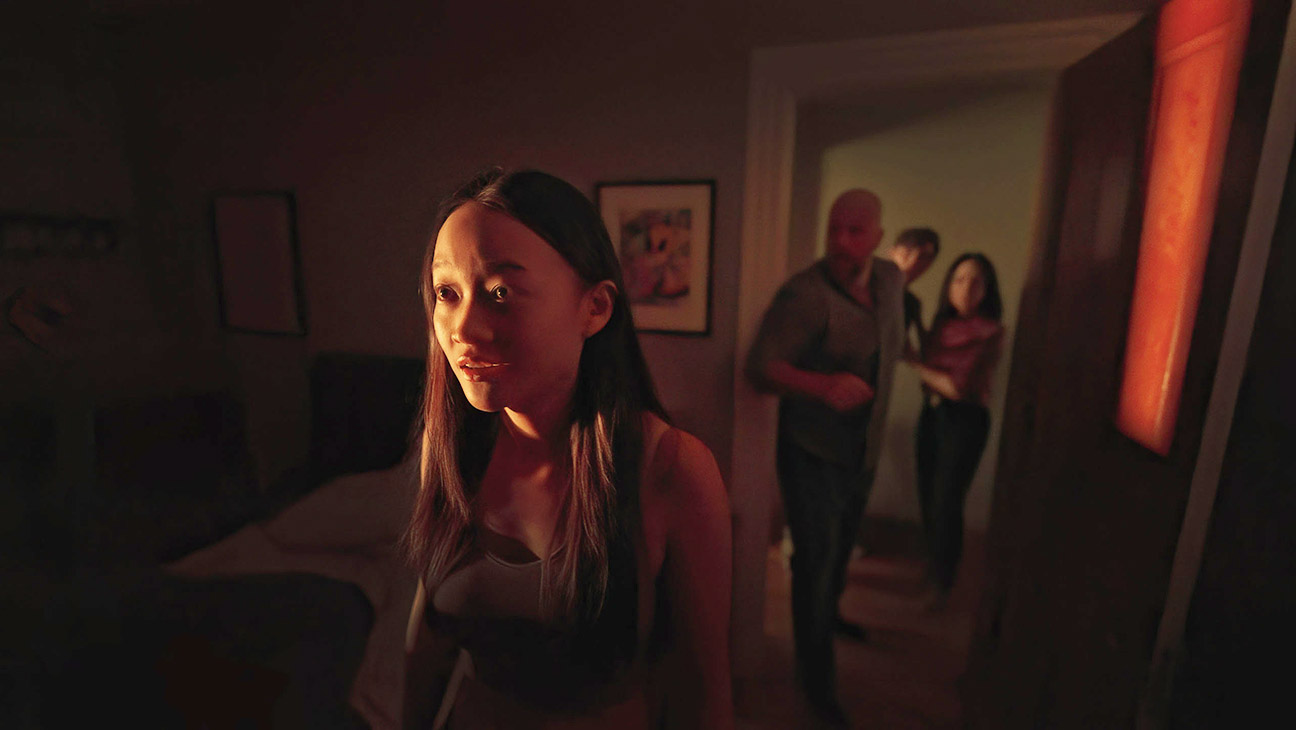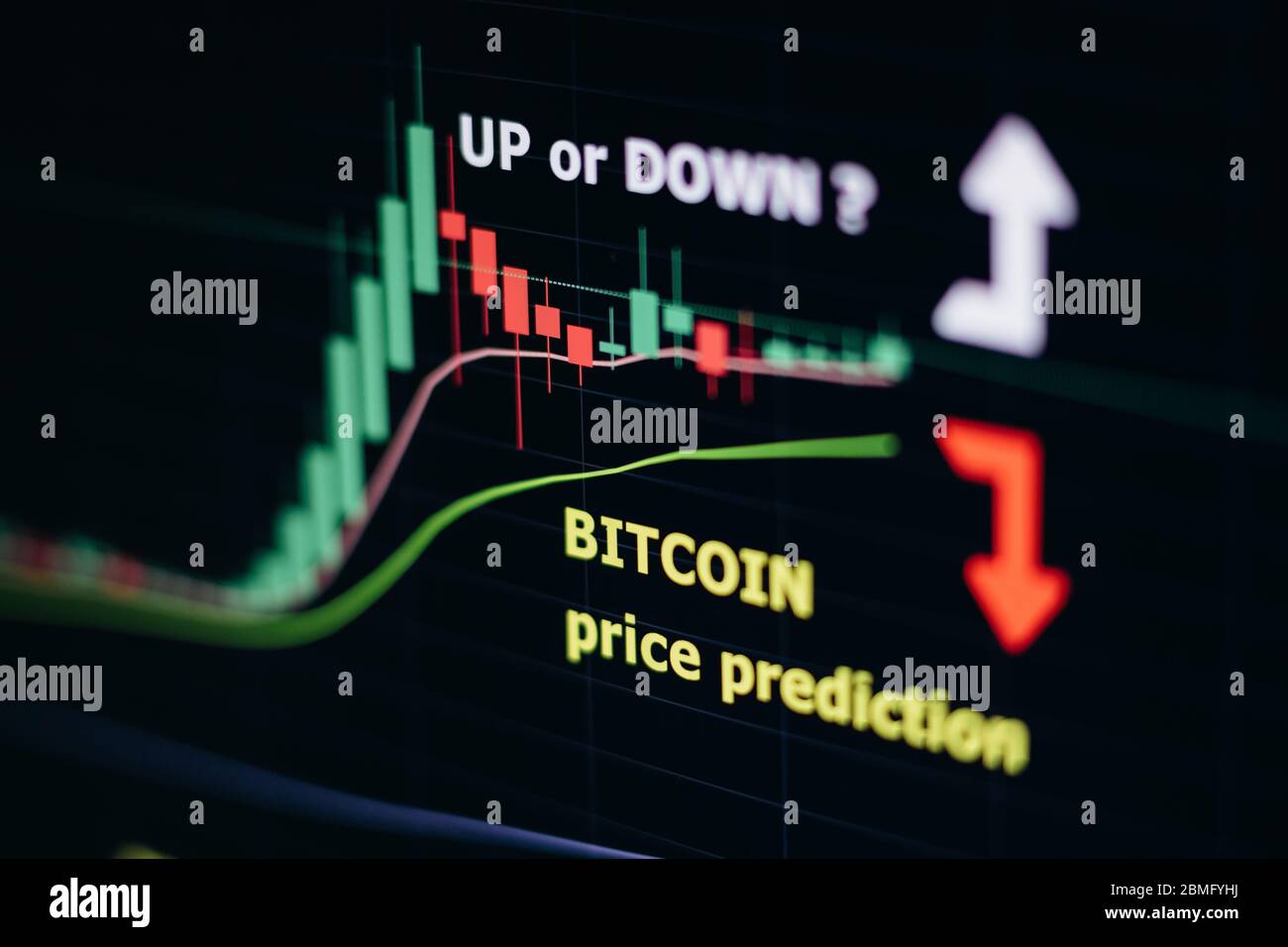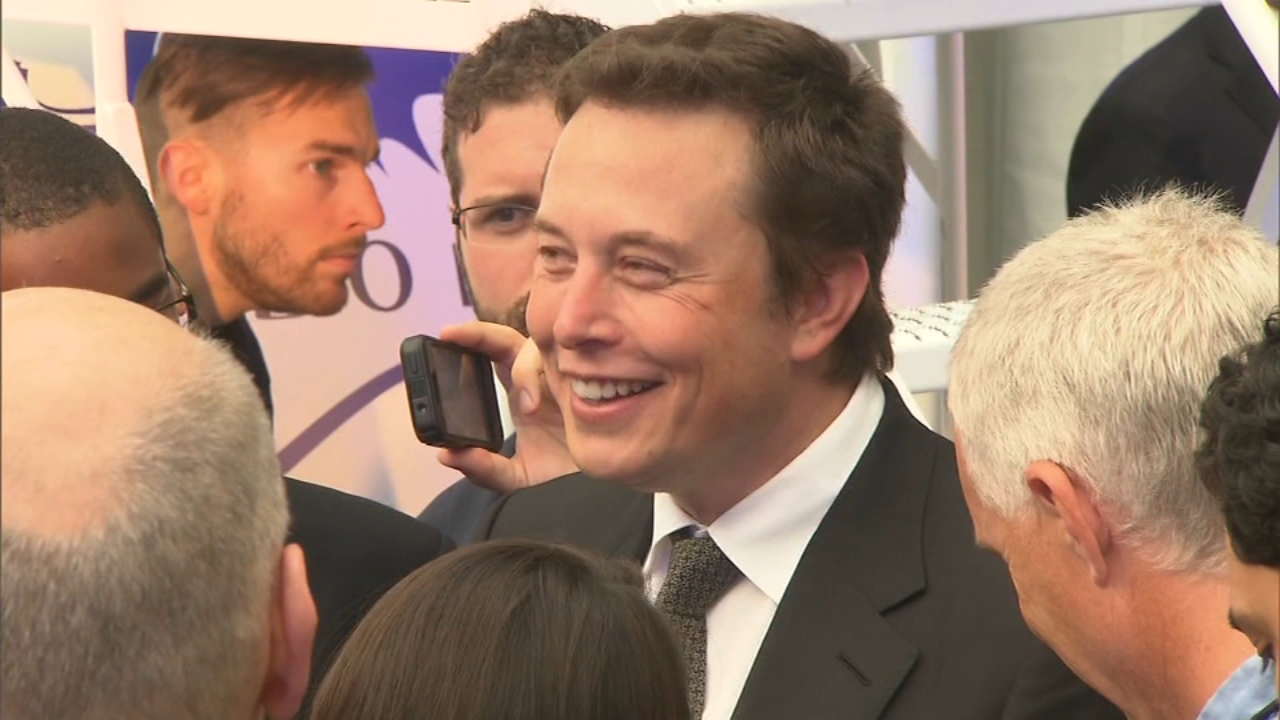The NFL is facing a major setback after a jury verdict found its out-of-market Sunday Ticket package to be an antitrust violation, resulting in a nearly $14 billion fine. However, the league remains confident of overturning the verdict on appeal, citing past successes in similar cases.
The NFL Shield logo at midfield at MetLife Stadium
The NFL has been in this situation before, having successfully appealed a federal district court judge’s ruling to overturn the 2011 lockout and Tom Brady’s DeflateGate suspension. The league is counting on its legal team to navigate the appeals process, which could take months or even years to resolve.
“In a 1977 antitrust case, Illinois Brick v State of Illinois, the Supreme Court established the indirect purchaser rule,” explained Jodi Balsam, a former NFL lawyer and professor of sports law at Brooklyn Law School. “It generally prevents indirect purchasers from suing for damages. Recovery is limited to the party that actually sold the product to the consumer. So under that rule, plaintiffs should be able to sue only DirecTV and not the NFL.”
The jury’s verdict has raised questions about the future of Sunday Ticket, which has been a lucrative package for the NFL and its broadcast partners. The league has argued that Sunday Ticket is an offshoot of its broadcast contracts, which are immune from antitrust scrutiny due to the 1961 Sports Broadcasting Act. However, the jury did not buy this reasoning, and the verdict could have significant implications for the NFL’s broadcast model.
DirecTV, the former Sunday Ticket rights holder
The NFL’s current Sunday Ticket contract with YouTube TV is also under scrutiny, with some wondering if the league can continue to charge high prices for the package. The verdict has sparked concerns that Congress may get involved, potentially leading to changes in the way the NFL sells its broadcast rights.
The trial, which began on June 6, featured in-person testimony from NFL commissioner Roger Goodell, Dallas Cowboys owner Jerry Jones, and former CBS Sports boss Sean McManus. Their testimony, along with documents produced during the trial, revealed that the NFL had turned down options to make Sunday Ticket more affordable and widely available.
NFL commissioner Roger Goodell testifying in court
The NFL’s appeal process is expected to be a long and arduous one, with the league potentially taking its case all the way to the Supreme Court. Justice Brett Kavanaugh has already weighed in on the case, writing in a 2020 opinion that antitrust law likely does not require the NFL and its member teams to compete against each other with respect to television rights.
The Supreme Court, where the NFL may ultimately appeal its case
As the NFL navigates this uncertain landscape, one thing is clear: the future of Sunday Ticket and the league’s broadcast model hang in the balance. Will the NFL be able to overturn the verdict and maintain its current pricing structure, or will Congress and the courts force changes that could have far-reaching implications for the league and its fans?














